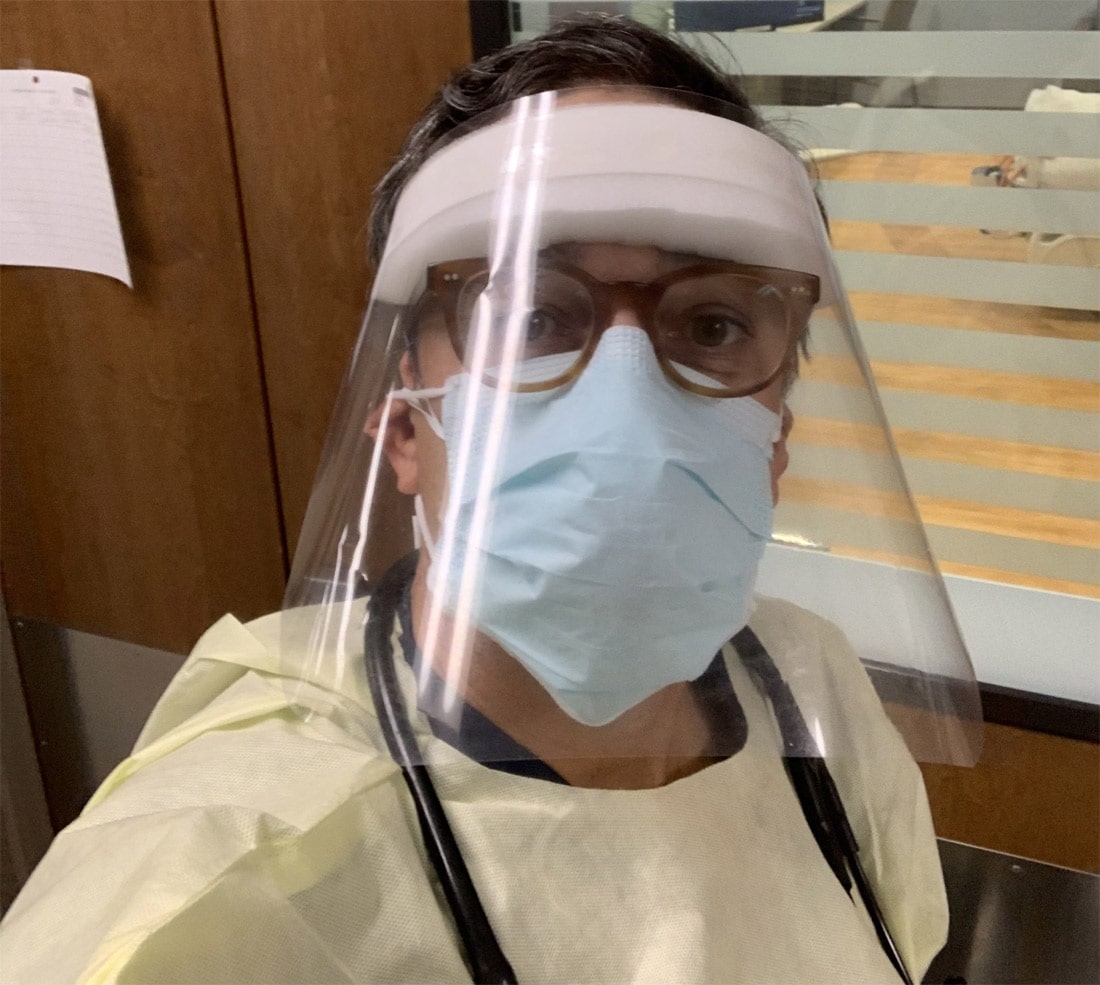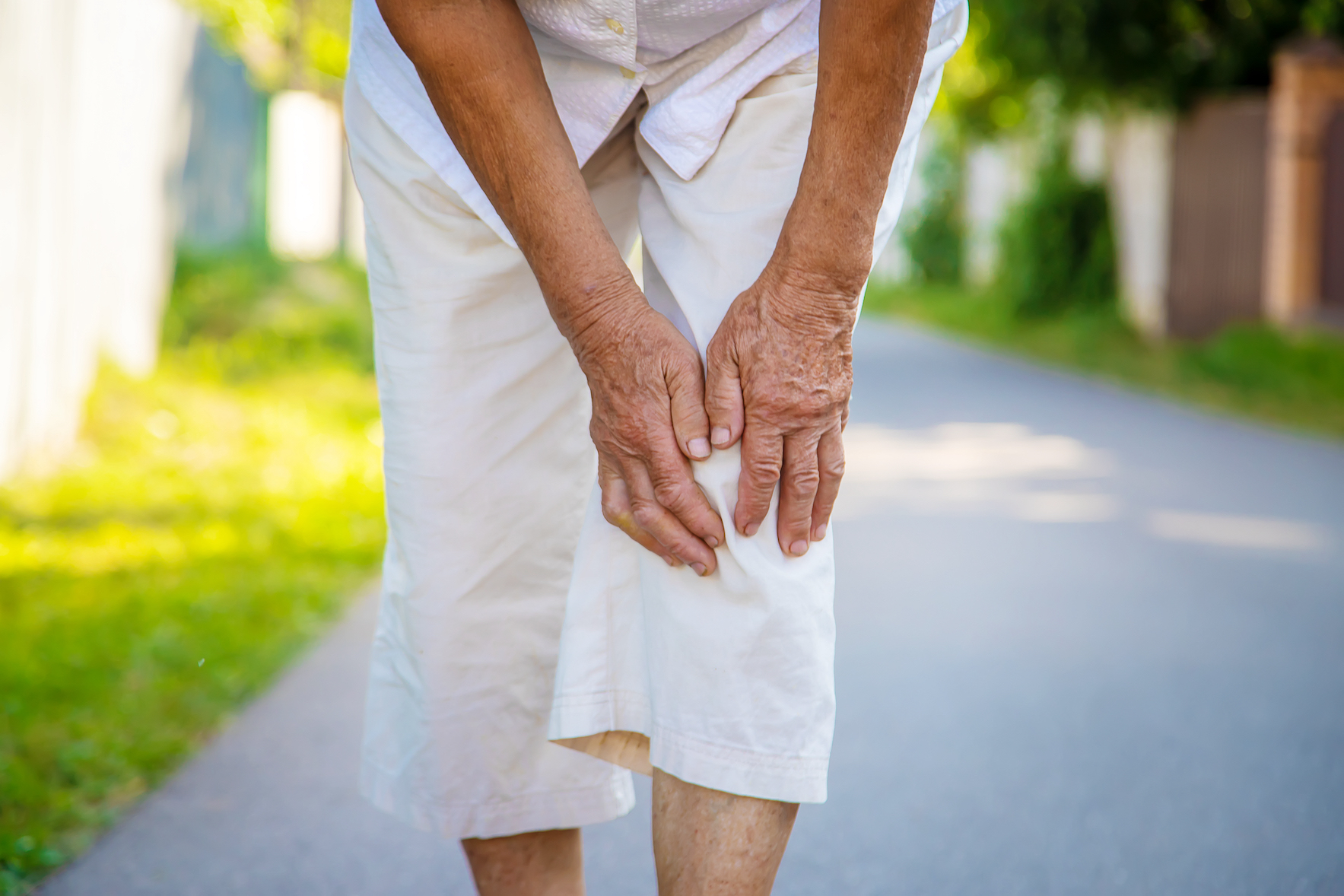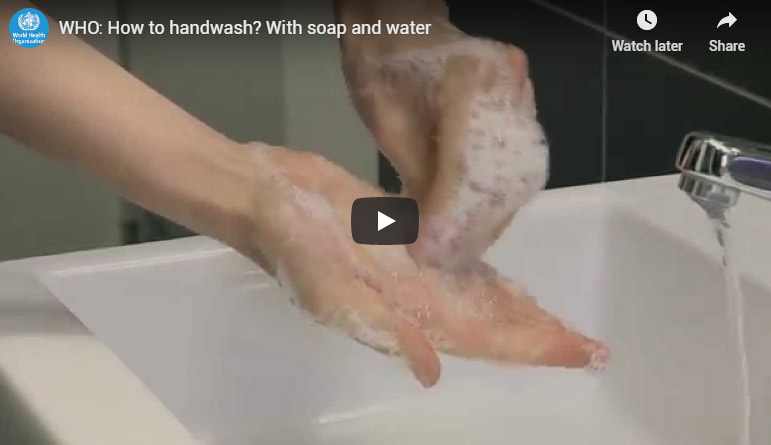What You Need to Know About Recovery from COVID-19
While there are still lingering questions about the long-term effects of COVID-19, physicians have learned a great deal about the virus over the last 14-15 months.
Here are a several frequently asked questions patient’s have asked Dr. Daniel Boss:
What Can I Expect After Recovering from COVID-19?
While most severe symptoms fade, you may not feel entirely like yourself. Patients experience fatigue, shortness of breath, and other symptoms for months after testing positive in some cases. Luckily, most people improve gradually over time.
When Can I Expect to Feel Better?
This is a case-by-case situation, as some people experience no symptoms while others are hospitalized and in critical care. Some people will recover within days of testing positive, while others will feel better in months. It is important to stay in contact with your with your primary care physician to keep them in the loop of how you are feeling during your recovery process.
When Should I Follow up with Dr. Boss?
If you were very sick or hospitalized, primary care doctors like Dr. Boss recommend following up with your primary care doctor within one week of being discharged. It is very important to do so as the highest risk of death or complications is in the first two weeks following being discharged from the hospital.
How long should I quarantine after having COVID-19 or a hospital stay?
The CDC recommends to quarantine for 10 days since your first symptom appeared. If you are asymptomatic, you should quarantine for 10 days since your positive test. In order to be released from quarantine, you need to be fever-free for 24 hours and have improvement in your other symptoms.
Should I get the COVID vaccine after having COVID?
Clinical trials indicate that the vaccine is safe for people who have had COVID-19.
If I tested positive, when should I get the vaccine?
Risk of re-infection is very low within the first 90 days after testing positive, so vaccination can be delayed due to supply issues, or if desired. With this being said, it is safe to take within the first 90 days.
What is a COVID “Long-Hauler?”
Long-Haulers are people with new or residual symptoms for more than 12 weeks after their infection. As we learn more about the virus, unfortunately this is pretty common. If you are considered a Long-Hauler, you should consult with your primary care physician as soon as possible to discuss different solutions.





